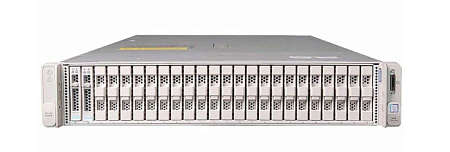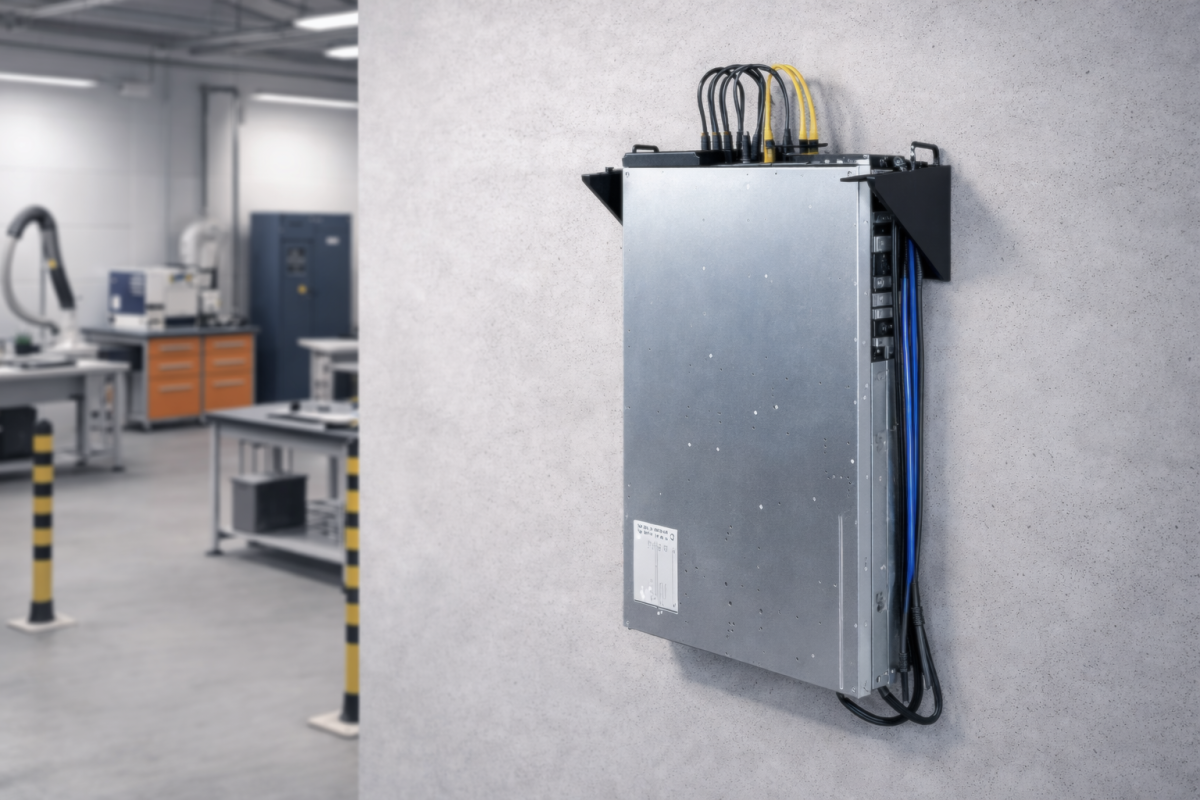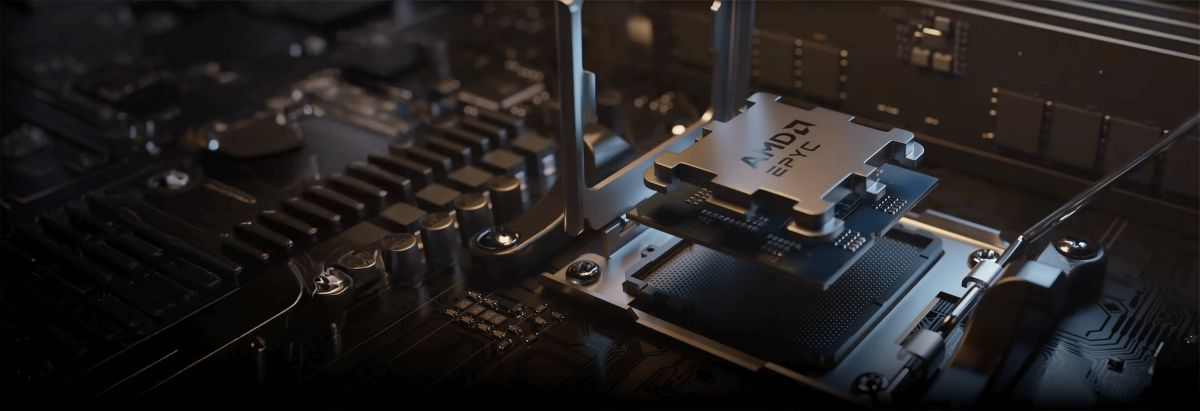Many Supermicro motherboards come with an embedded software RAID controller. To access its controls, press Ctrl+I during boot-up. However, there's a catch — this control works only in Legacy mode. Legacy does not support partitions larger than 2 TB, so what should you do? I'll explain how to set up RAID for both Legacy and UEFI. If you don't plan on having partitions larger than 2 TB, keep it simple and set your boot to Legacy.
Legacy:
During boot-up, press DEL to access the BIOS.
In the Boot section, change Boot Mode Select to Legacy.

In the Advanced section, go to SATA Configuration and set Configure SATA as RAID.

Additional configuration options will appear. Set SATA RAID Option ROM/UEFI Driver to Legacy.

Change SATA/sSATA RAID Boot Select to SATA Controller.

Save your settings.

Reboot the server. During boot-up, press Ctrl+I to access the Intel Rapid Storage Technology configuration section.

Create the RAID. I'm combining 4 drives into RAID0.

Status Normal:

Reboot and re-enter the BIOS. In the Boot section, under FIXED BOOT ORDER Priorities, you now have the option to select Hard Disk: Intel RAID0 - which is our new array.

You're all set! However, if you try to install Oracle Linux, you won't be able to create a partition larger than 2 TB in the installer. So, what to do?
UEFI
To switch to UEFI, we'll make some changes to the previous instructions.
Follow all the instructions for Legacy, and then reboot into the BIOS (advanced users can merge the steps to reduce the number of reboots). Make changes in Advanced > SATA Configuration. Change SATA RAID Option ROM/UEFI Driver to EFI.

In Boot > Boot Mode Select, choose DUAL. You can probably select just UEFI, but then you won't be able to access the controller configuration during reboots.

There are now more options in FIXED BOOT ORDER Priorities. Move all the EFI items to the top.
Now you can boot the Oracle Linux installer in UEFI mode, and it will correctly see the RAID and allow partitions larger than 2 TB.
The experts at Newserverlife will be happy to assist you in choosing a refurbished server.





